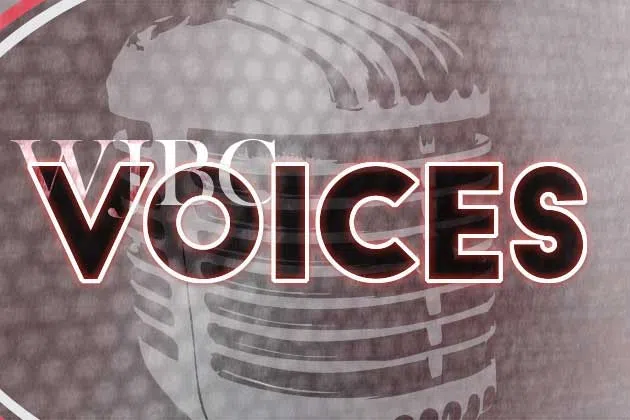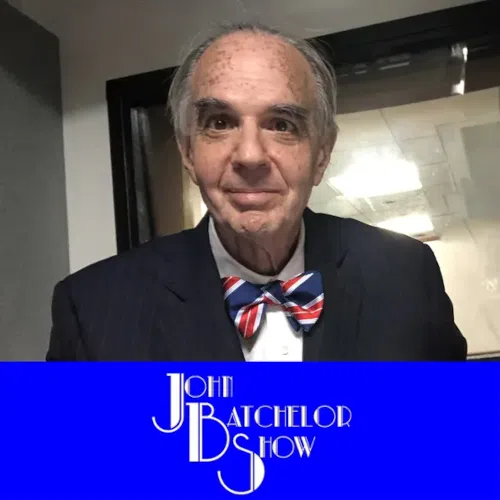 By Mike Matejka
By Mike Matejka
This week I attended a conference featuring one of my favorite academics, Dr. Peter Philips, a University of Utah economist. Dr. Philips digressed from his remarks and made a very insightful comment.
Sadly, Dr. Philips lost a son to heroin. He said that heroin didn’t kill his son, or addiction or an opioid epidemic, but instead said, the “market killed my son.” What did he mean?
In American economics and political dialogue, the free market is praised as a lofty and high ideal. What Dr. Philips was saying is that there is no morality in the free market. He noted that the drug trade is an incredible example of the free market at work, with producers, traffickers and users globally. Whether human lives are wasted or lost in that market place, the market doesn’t care. The market exists to move items from producer to consumer, regardless of consequences. To quote Dr. Philips, “the market it indifferent, it doesn’t care.” He also added that “economist treat the market like a god.”
A question that has long troubled me is whether we serve our economic system or does it serve us? In the adulation of the free market, there is a great mythology that the “invisible hand” will correct problems and freedom and equality will result.
What I heard from Dr. Philips was a call to inject our moral judgement into the marketplace. The free market doesn’t care if the environment is polluted, if the product sells. The free markets doesn’t care if working people are underpaid, as long as production results. The free market doesn’t care if its product, like heroin, kills, if a profit is made at each stage of the game.
That’s why we the people have government, not to control us, but to help control these larger forces. Clean water and air, living wages and protection from unsafe and dangerous products comes only when we have a mechanism to temper the market. Now some might say that is up to individual consumers to make those choices, but we live in a community, not on isolated islands. Our community, or to use the Greek term, our polis, must function to insure the market is meeting human needs. Thus, our polis needs politics, a place to identify our needs and act on them.
I thank Dr Peter Philips. I’ve read his research for years and enjoyed conversations with him. His latest remarks helped open a lock that has long troubled me.
Mike Matejka is the Governmental Affairs director for the Great Plains Laborers District Council, covering 11,000 union Laborers in northern Illinois, Iowa, Nebraska and South Dakota. He lives in Normal. He served on the Bloomington City Council for 18 years, is a past president of the McLean County Historical Society and Vice-President of the Illinois Labor History Society.
The opinions expressed within WJBC’s Voices are solely those of the Voices’ author, and are not necessarily those of WJBC or Cumulus Media, Inc.





